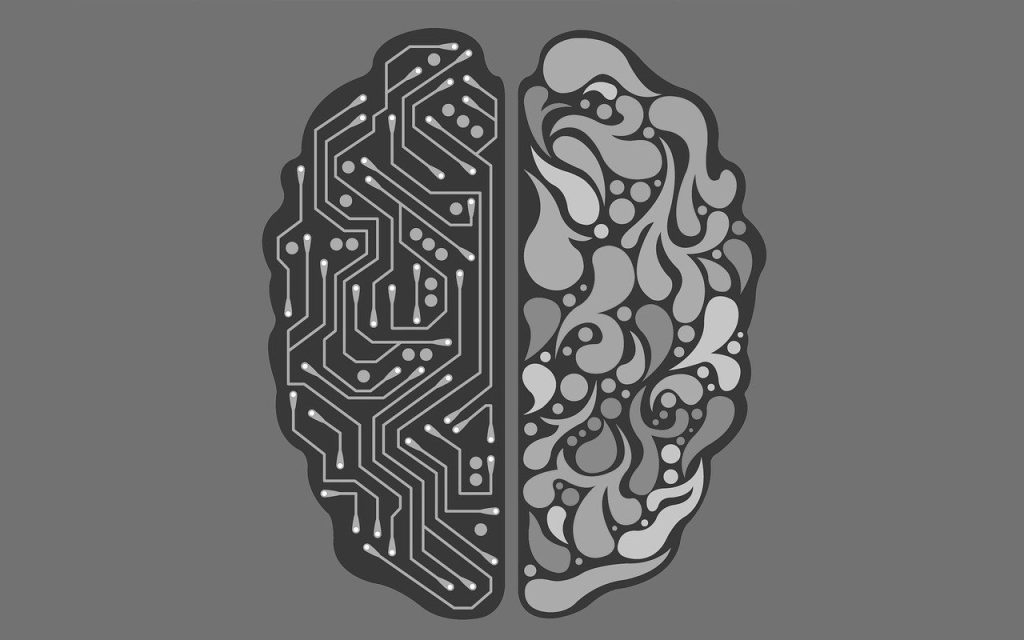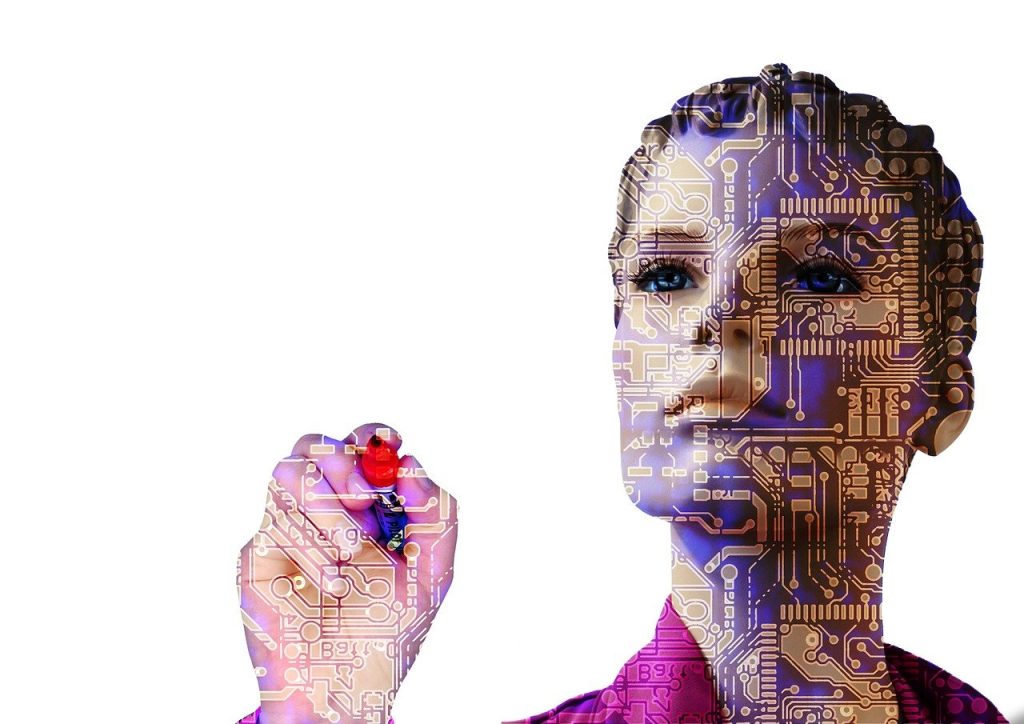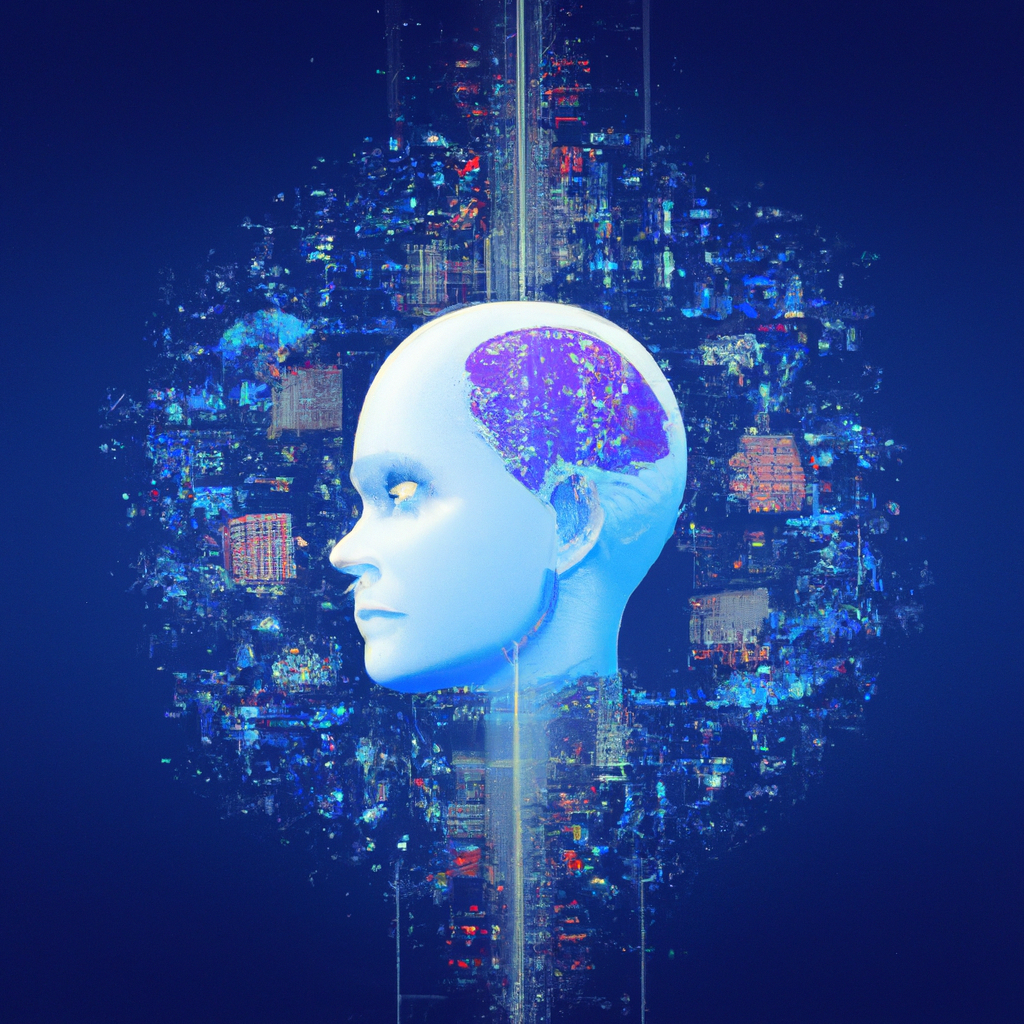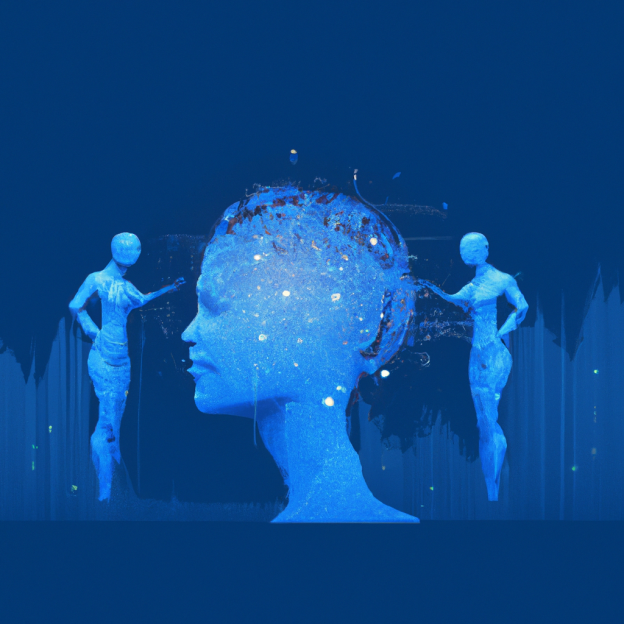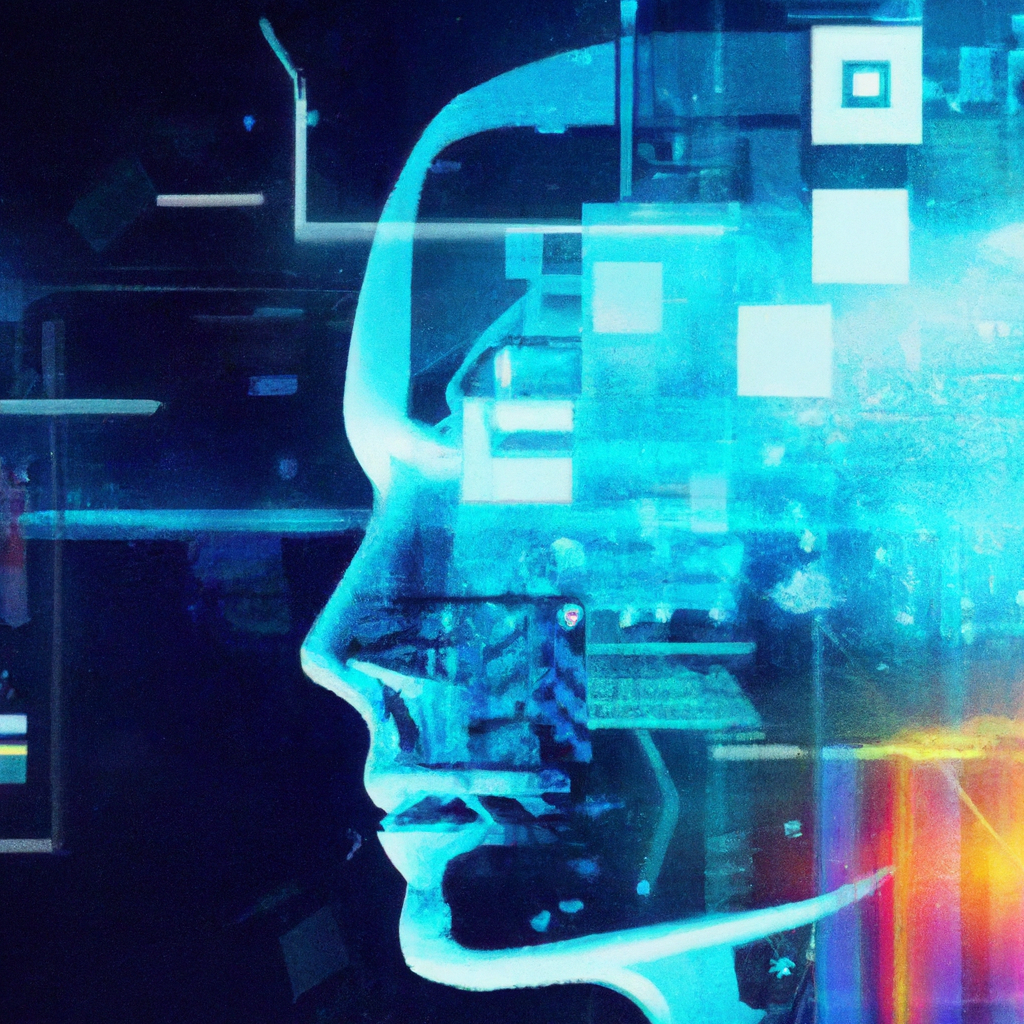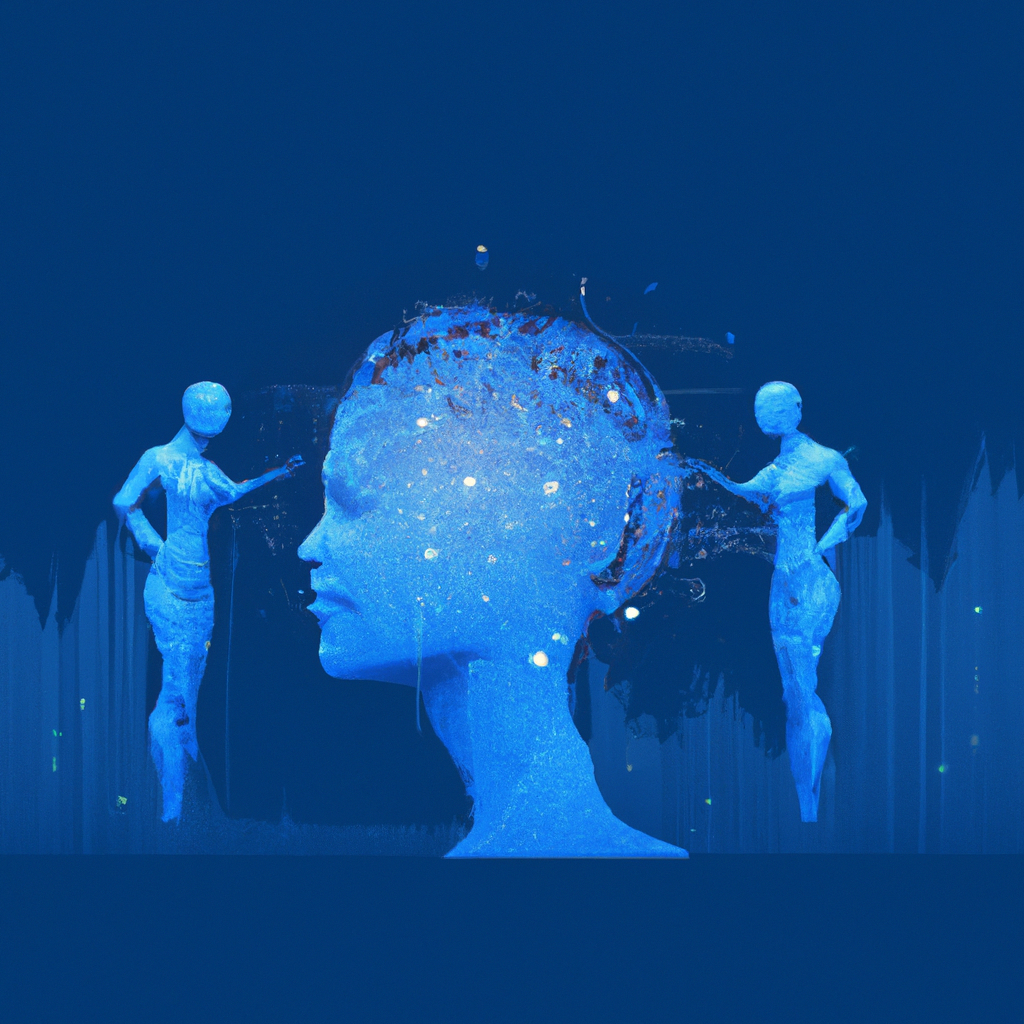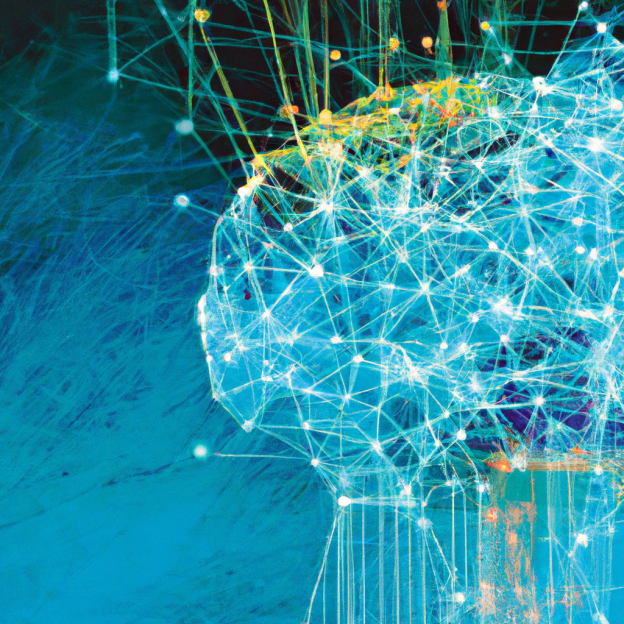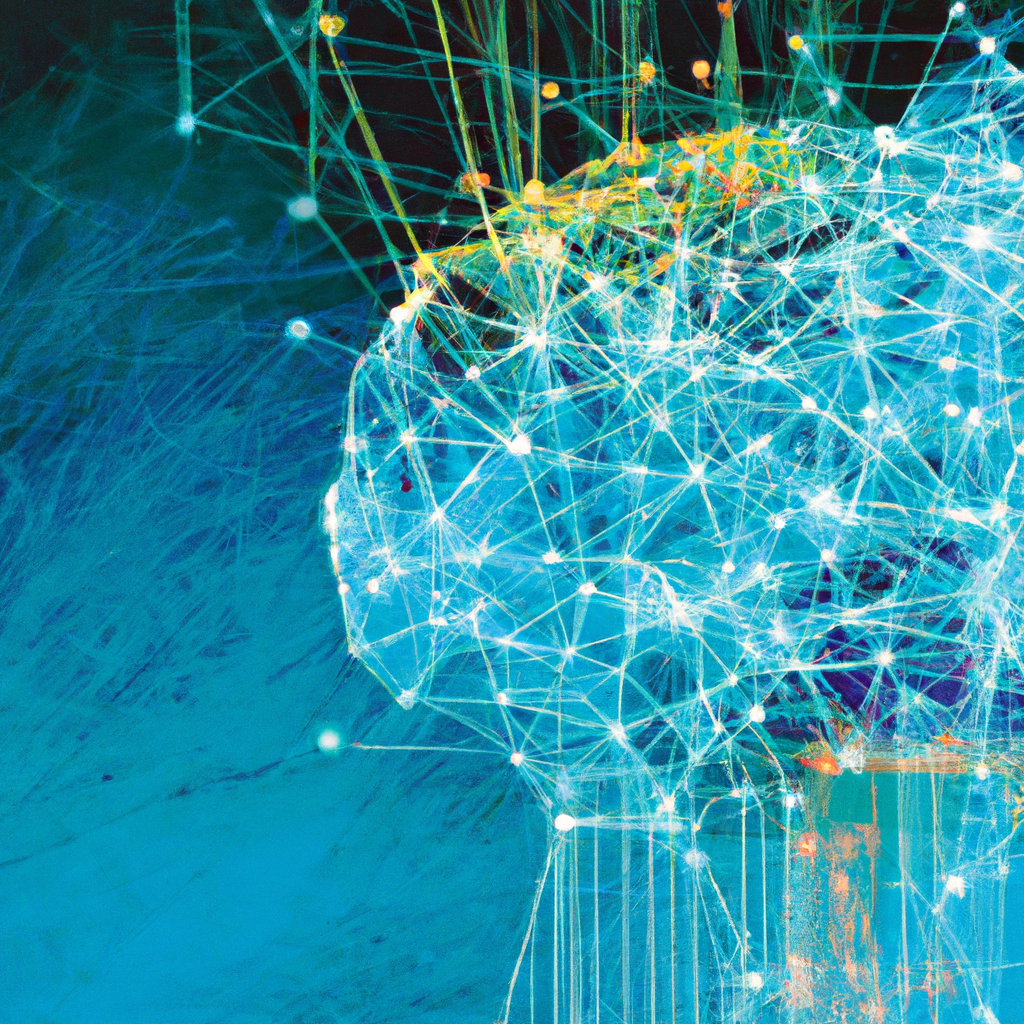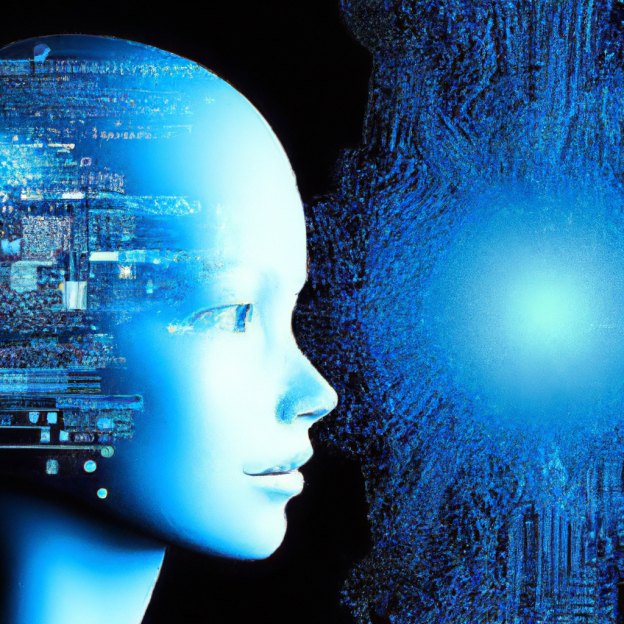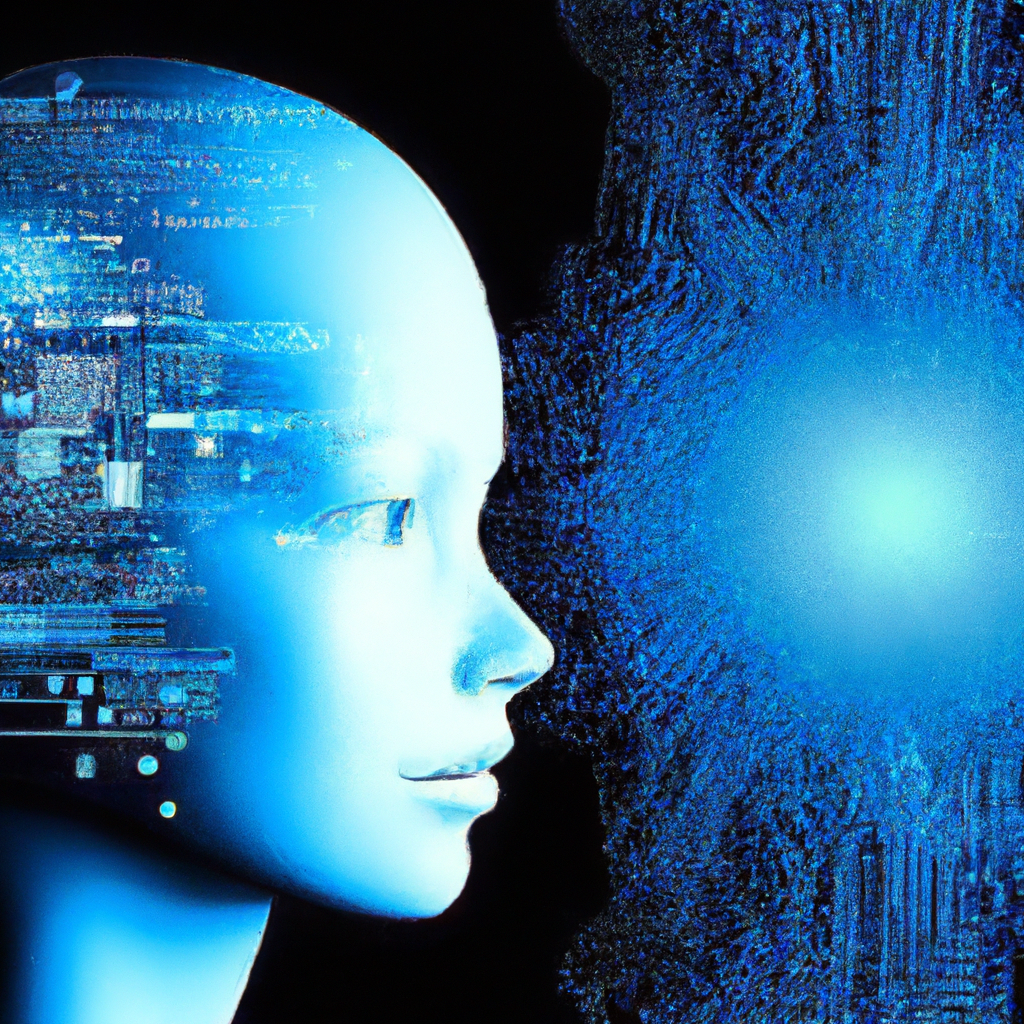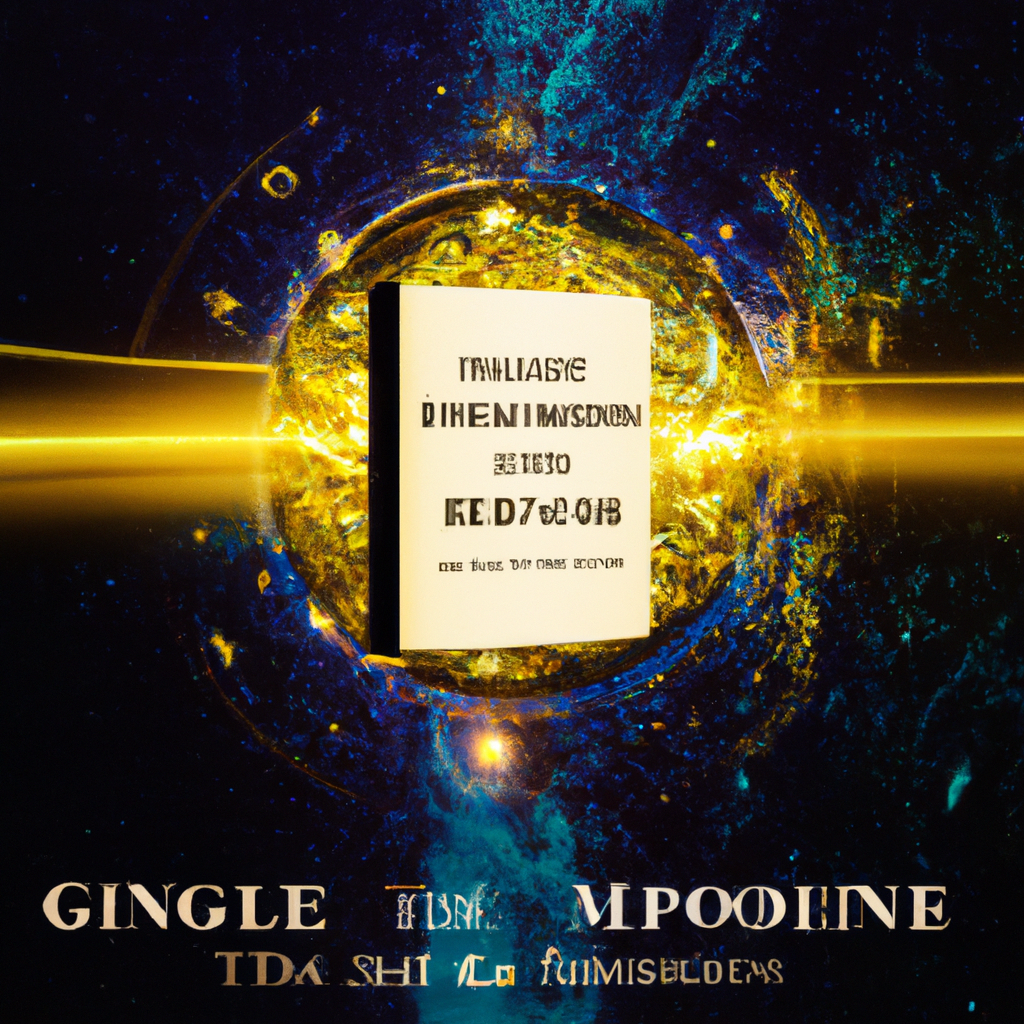So, you’re curious about the different types of AI in marketing, huh? Well, you’ve come to the right place! In this article, we’re going to walk you through all the various types of AI that are revolutionizing the marketing industry. From machine learning algorithms that analyze consumer behavior to chatbots that provide personalized customer support, AI is playing a crucial role in helping businesses make smarter marketing decisions and drive more impactful campaigns. So, buckle up and get ready to dive into the world of AI-driven marketing!

Machine Learning
Machine Learning is a subset of Artificial Intelligence that focuses on enabling computers to learn and make predictions or decisions without being explicitly programmed. There are three main types of Machine Learning: Supervised Learning, Unsupervised Learning, and Reinforcement Learning.
Supervised Learning
Supervised Learning is a type of Machine Learning where the algorithm is trained on labeled data. In this approach, the algorithm is provided with input data and corresponding output labels. The algorithm then learns from the labeled data to make future predictions on new, unseen data. This type of learning is widely used in tasks such as classification, regression, and forecasting.
Unsupervised Learning
Unsupervised Learning, on the other hand, does not rely on labeled data. It involves training the algorithm on unlabeled data and allowing it to learn patterns, relationships, or structures within the data. This type of learning is useful for tasks such as clustering, dimensionality reduction, and anomaly detection. Unsupervised Learning algorithms can discover hidden patterns in data and provide valuable insights.
Reinforcement Learning
Reinforcement Learning is a type of Machine Learning where an agent learns to take actions in an environment to maximize a reward. The agent interacts with the environment and receives feedback in the form of rewards or punishments based on its actions. Through trial and error, the agent learns to take actions that lead to maximum rewards and improves its decision-making process over time. Reinforcement Learning is often used in tasks involving sequential decision-making, such as robotics, gaming, and autonomous vehicles.
Natural Language Processing
Natural Language Processing (NLP) focuses on enabling computers to understand, interpret, and generate human language. It involves the study of algorithms and techniques that enable computers to analyze and process textual data. NLP has several applications in marketing, including Sentiment Analysis, Chatbots, and Language Translation.
Sentiment Analysis
Sentiment Analysis, also known as opinion mining, involves determining the sentiment or emotion expressed in a piece of text. This technique is widely used in marketing to analyze customer feedback, reviews, and social media posts. By understanding the sentiment of customers towards a product, brand, or campaign, marketers can gain valuable insights and make data-driven decisions.
Chatbots
Chatbots are AI-powered virtual assistants that can interact with humans through natural language conversations. They are commonly used in marketing to provide customer support, engage with website visitors, and automate repetitive tasks. Chatbots can answer frequently asked questions, provide personalized recommendations, and even complete transactions. They enhance customer experience and save time for both customers and businesses.
Language Translation
Language Translation involves automatically translating text from one language to another. NLP techniques and AI algorithms are used to analyze the source text and generate an accurate translation in the target language. Language Translation has significant implications for marketing, especially for businesses targeting global markets. It enables them to communicate with international customers, localize their content, and expand their reach.
Computer Vision
Computer Vision is a field of AI that focuses on enabling computers to interpret and understand visual information from images or videos. It involves the study of algorithms and techniques that enable computers to analyze, process, and extract meaningful insights from visual data. Computer Vision has several applications in marketing, including Image Recognition, Object Detection, and Video Analytics.
Image Recognition
Image Recognition involves the identification and classification of objects or patterns within an image. It enables computers to understand and classify the contents of an image, such as identifying objects, scenes, or people. In marketing, Image Recognition can be used for various purposes, such as visual search, product identification, and content moderation.
Object Detection
Object Detection goes beyond Image Recognition and involves not only identifying objects but also locating their precise positions within an image or video. This technique is valuable in marketing for tasks such as visual search, image tagging, and personalized advertising. Object Detection enables marketers to analyze images and videos at scale, extract relevant information, and provide personalized experiences to customers.
Video Analytics
Video Analytics involves the analysis of video data to extract meaningful insights and information. It includes tasks such as object tracking, behavior analysis, and event recognition. In marketing, Video Analytics can be used to understand customer behavior, analyze video content performance, and derive actionable insights. It enables marketers to leverage the power of video data and optimize their marketing strategies.
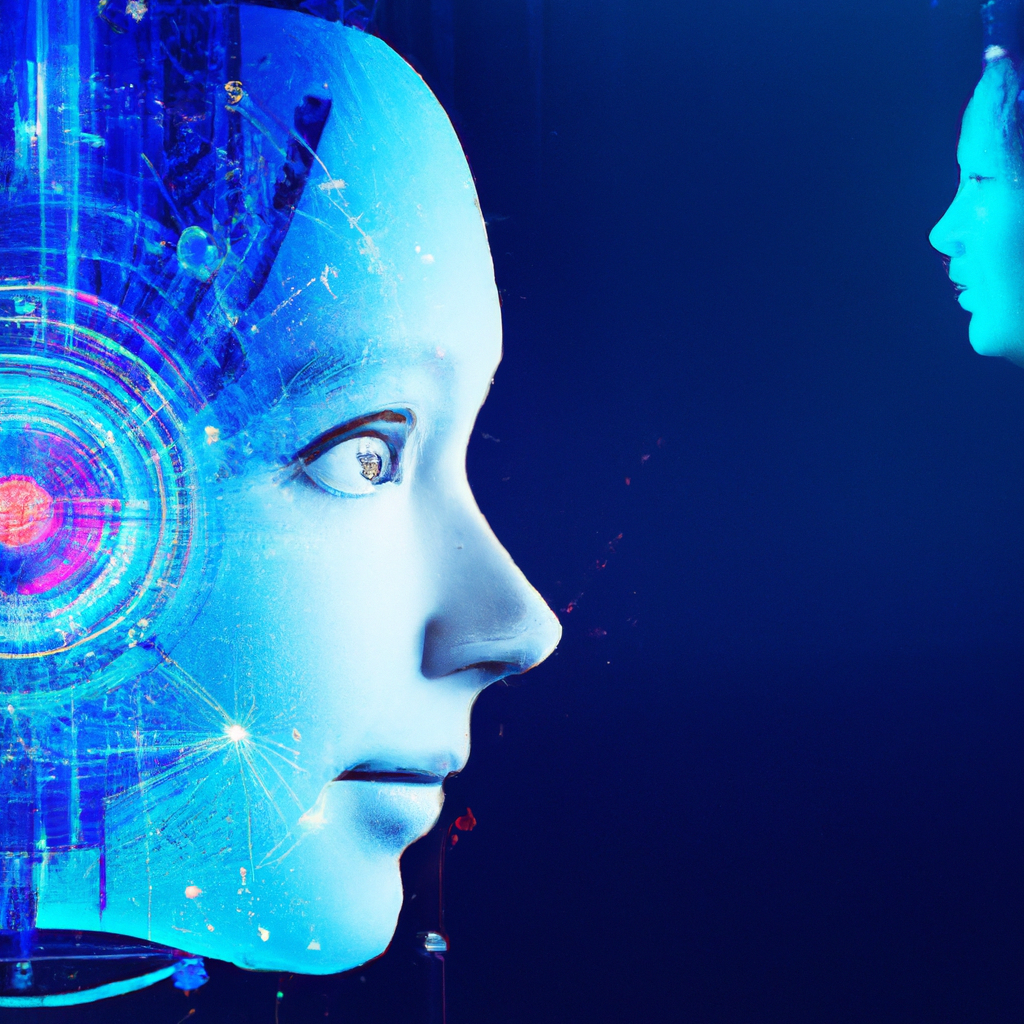
Predictive Analytics
Predictive Analytics is the practice of using data, statistical models, and AI algorithms to make predictions about future events or outcomes. It involves analyzing historical data to identify patterns, trends, and relationships that can be used to make accurate predictions. Predictive Analytics has several applications in marketing, including Lead Scoring, Churn Prediction, and Customer Lifetime Value estimation.
Lead Scoring
Lead Scoring is a technique used in marketing to prioritize and qualify leads based on their likelihood to convert into customers. Predictive Analytics algorithms analyze various data points, such as demographic information, browsing behavior, and engagement history, to assign a score to each lead. By identifying high-quality leads, marketers can focus their efforts and resources on prospects with the highest potential for conversion.
Churn Prediction
Churn Prediction, also known as customer attrition or customer churn, involves predicting which customers are most likely to stop using a product or service. Predictive Analytics algorithms analyze historical data, such as customer behavior, purchase history, and demographics, to identify patterns and indicators of churn. By identifying customers at risk of churn, marketers can take proactive measures to retain them, such as targeted offers, personalized communication, or improved customer experiences.
Customer Lifetime Value
Customer Lifetime Value (CLV) is a metric that estimates the total value a customer will bring to a business over their entire lifespan as a customer. Predictive Analytics algorithms analyze historical data, such as purchase history, engagement, and customer behavior, to predict the future value of each customer. Understanding CLV helps marketers make data-driven decisions regarding customer acquisition, retention, and loyalty programs.
Speech Recognition
Speech Recognition, also known as Automatic Speech Recognition (ASR), involves converting spoken language into written text. It enables computers to understand and interpret human speech, opening up various applications in marketing. Speech Recognition has several applications, including Voice Assistants, Transcription Services, and Speech Analytics.
Voice Assistants
Voice Assistants, also known as virtual voice-controlled assistants, are AI-powered applications that respond to voice commands and carry out tasks or provide information. They enable users to perform various actions using voice commands, such as searching the internet, playing music, setting reminders, or controlling smart home devices. Voice Assistants have become increasingly popular in marketing, with businesses developing voice-enabled experiences to engage with customers and provide personalized assistance.
Transcription Services
Transcription Services involve converting spoken language, such as audio recordings or videos, into written text. Speech Recognition algorithms are used to analyze the audio data and generate an accurate transcription. Transcription Services have numerous applications in marketing, such as transcribing customer calls, interviews, or focus groups. By transcribing spoken content, marketers can analyze and derive insights from the textual data.
Speech Analytics
Speech Analytics involves analyzing and extracting meaningful insights from spoken language data. It includes tasks such as sentiment analysis, keyword spotting, and trend identification. Speech Analytics can be valuable in marketing for tasks such as monitoring customer interactions, analyzing customer feedback, and improving customer service. By analyzing spoken language data, marketers can gain valuable insights into customer preferences, needs, and sentiment.
Virtual Assistants
Virtual Assistants are AI-powered applications or devices that provide personalized assistance and perform tasks based on user commands or interactions. They can understand natural language and carry out a range of tasks, such as answering questions, providing recommendations, or completing transactions. Virtual Assistants have several applications in marketing, including Chatbots, Smart Speakers, and Intelligent Personal Assistants.
Chatbots
Chatbots, as mentioned earlier, are AI-powered virtual assistants that can interact with users through natural language conversations. Chatbots can be deployed on websites, messaging platforms, or mobile apps to provide customer support, answer queries, or automate tasks. They enhance customer experiences by providing instant responses, personalized recommendations, and seamless interactions.
Smart Speakers
Smart Speakers, also known as voice-activated speakers or smart home assistants, are AI-powered devices that respond to voice commands and perform tasks. They can perform various functions, such as playing music, answering questions, providing weather updates, or controlling smart home devices. Smart Speakers have gained popularity in recent years, with businesses integrating them into their marketing strategies to engage with customers and offer voice-enabled experiences.
Intelligent Personal Assistants
Intelligent Personal Assistants are virtual assistants that exist within devices such as smartphones, tablets, or smartwatches. They provide personalized assistance, perform tasks, and adapt to user preferences. Examples of Intelligent Personal Assistants include Siri, Google Assistant, and Amazon Alexa. Intelligent Personal Assistants are increasingly being used in marketing to provide personalized recommendations, reminders, and notifications.
Generative AI
Generative AI is a branch of AI that focuses on enabling computers to generate new content, such as text, images, or music, that is similar to existing examples. It involves using algorithms to analyze and learn patterns from large datasets and generate new content based on those patterns. Generative AI has several applications in marketing, including Content Generation, Image Synthesis, and Music Composition.
Content Generation
Content Generation involves using Generative AI algorithms to automatically create content, such as blog articles, social media posts, or product descriptions. By analyzing existing content and learning the patterns, algorithms can generate new content that is relevant, engaging, and tailored to specific contexts or audiences. Content Generation can enhance marketing efforts by automating content creation and ensuring consistent quality and relevance.
Image Synthesis
Image Synthesis involves generating new images that are similar to existing examples. Generative AI algorithms analyze patterns in existing images and learn to generate new images that are visually similar. Image Synthesis has various applications in marketing, such as creating personalized visuals, generating product images, or enhancing digital experiences. By generating relevant and engaging images, businesses can attract and engage with their target audience more effectively.
Music Composition
Generative AI algorithms can also be used to compose new music based on existing examples and patterns. By analyzing patterns in existing compositions, algorithms can create new musical pieces that follow similar structures, themes, or genres. Music Composition with Generative AI has implications for marketing, such as creating personalized soundtracks, generating background music for videos, or enhancing brand experiences. By leveraging Generative AI for music composition, businesses can deliver unique and tailored musical experiences to their customers.
Emotion AI
Emotion AI, also known as Affective Computing, focuses on enabling computers to understand, interpret, and respond to human emotions. It involves the study of algorithms and techniques that enable computers to recognize facial expressions, analyze vocal intonations, and interpret other cues to infer human emotions. Emotion AI has several applications in marketing, including Facial Expression Analysis, Voice Emotion Recognition, and Emotionally Intelligent Machines.
Facial Expression Analysis
Facial Expression Analysis involves the detection and analysis of facial expressions to determine the associated emotions. AI algorithms analyze facial features, such as the movement of facial muscles, to recognize emotions such as happiness, sadness, anger, or surprise. Facial Expression Analysis has significant implications for marketing, such as analyzing customer reactions to advertisements or evaluating product packaging. By understanding customer emotions, marketers can create more emotionally engaging experiences and tailor their marketing strategies accordingly.
Voice Emotion Recognition
Voice Emotion Recognition involves analyzing vocal intonations, pitch, and other acoustic features to infer human emotions. AI algorithms analyze speech patterns and audio signals to recognize emotions such as happiness, anger, fear, or excitement. Voice Emotion Recognition has several applications in marketing, such as analyzing customer phone calls or voice interactions with virtual assistants. By understanding customer emotions through voice analysis, marketers can adapt their communication strategies, offer personalized responses, and enhance customer experiences.
Emotionally Intelligent Machines
Emotionally Intelligent Machines refer to AI-powered systems or devices that can recognize, understand, and respond to human emotions. These machines can adapt their behavior, communication style, or responses based on the emotional cues of the user. Emotionally Intelligent Machines have implications for marketing, such as personalized customer service, adaptive interfaces, or targeted emotional experiences. By creating emotionally intelligent interactions, businesses can build stronger connections with their customers and foster loyalty.
Recommendation Systems
Recommendation Systems are AI algorithms that analyze user data, preferences, and behaviors to provide personalized recommendations. These systems leverage machine learning techniques to predict and suggest items that users are likely to be interested in. Recommendation Systems have several applications in marketing, including Product Recommendations, Content Recommendations, and Personalized Marketing.
Product Recommendations
Product Recommendations involve suggesting relevant or complementary products to customers based on their browsing history, purchase behavior, or preferences. Recommendation Systems analyze data from multiple users to identify patterns and similarities, enabling them to offer personalized recommendations. Product Recommendations are widely used in e-commerce, enabling businesses to increase sales, enhance customer experiences, and foster customer loyalty.
Content Recommendations
Content Recommendations involve suggesting relevant or personalized content to users based on their interests, preferences, or browsing behavior. Recommendation Systems analyze user data, such as content consumption patterns or feedback, to offer targeted content recommendations. Content Recommendations are commonly used on websites, blogs, or streaming platforms, enabling businesses to engage users, increase content consumption, and provide tailored experiences.
Personalized Marketing
Personalized Marketing involves tailoring marketing messages, offers, or experiences to individual customers based on their preferences, behavior, or demographic information. Recommendation Systems play a crucial role in personalized marketing by providing insights into customer preferences and enabling businesses to deliver relevant and timely marketing messages. Personalized Marketing helps businesses enhance customer satisfaction, increase conversion rates, and build long-term relationships.
Robotic Process Automation
Robotic Process Automation (RPA) involves the use of software robots or bots to automate repetitive and rule-based tasks. RPA mimics human actions and interacts with various systems or applications to perform tasks such as data entry, order processing, or invoice management. RPA has several applications in marketing, offering efficiency, accuracy, and cost savings.
Automated Data Entry
Automated Data Entry involves using RPA software robots to extract data from various sources, such as documents, emails, or web forms, and enter it into the desired systems or databases. RPA eliminates the need for manual data entry, saving time, reducing errors, and improving data accuracy. Automated Data Entry can streamline marketing processes, such as lead generation, data management, or customer onboarding.
Order Processing
Order Processing involves automating the steps involved in handling customer orders, such as order validation, order fulfillment, or order tracking. RPA software robots can retrieve order details, validate them against business rules, update inventory systems, and generate invoices or shipping labels. By automating Order Processing, businesses can improve efficiency, accuracy, and customer satisfaction.
Invoice Management
Invoice Management involves automating the processing and management of invoices, such as invoice validation, data extraction, and payment processing. RPA software robots can extract relevant information from invoices, validate it against predefined rules, update accounting or ERP systems, and initiate payment processes. Automating Invoice Management saves time, reduces errors, and improves cash flow management for businesses.
In conclusion, AI technology has revolutionized marketing by enabling computers to perform complex tasks, analyze large amounts of data, and provide personalized experiences. Machine Learning techniques, such as Supervised Learning, Unsupervised Learning, and Reinforcement Learning, empower computers to learn from data and make predictions. Natural Language Processing enables computers to understand, interpret, and generate human language, enabling applications such as Sentiment Analysis, Chatbots, and Language Translation. Computer Vision enables computers to analyze and understand visual data, with applications including Image Recognition, Object Detection, and Video Analytics. Predictive Analytics utilizes data and statistical models to make predictions about future events, including tasks such as Lead Scoring, Churn Prediction, and Customer Lifetime Value estimation. Speech Recognition enables computers to understand and interpret spoken language, with applications such as Voice Assistants, Transcription Services, and Speech Analytics. Virtual Assistants, including Chatbots, Smart Speakers, and Intelligent Personal Assistants, provide personalized assistance and perform tasks based on user interaction. Generative AI enables computers to generate new content, such as text, images, or music, based on existing examples. Emotion AI focuses on enabling computers to recognize and respond to human emotions, with applications including Facial Expression Analysis, Voice Emotion Recognition, and Emotionally Intelligent Machines. Recommendation Systems use AI algorithms to provide personalized recommendations, including Product Recommendations, Content Recommendations, and Personalized Marketing. Robotic Process Automation automates repetitive tasks such as Automated Data Entry, Order Processing, and Invoice Management, saving time and improving efficiency in marketing processes. With the diverse applications of AI in marketing, businesses can leverage these technologies to enhance customer experiences, improve efficiency, and drive growth.
